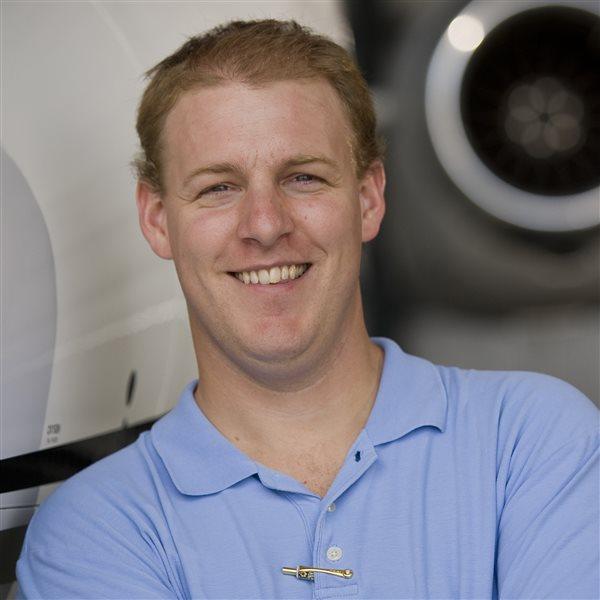Flight School Spotlight: Nationwide Aviation
Challenging the norms
Trevor Hall is a pilot for a major airline and the owner of Nationwide Aviation. He said the school schedules students for a minimum of four hours at a time, and sometimes up to 12. “We don’t want you to show up at the airport and go straight to the airplane. Learning is more effective on the ground,” he said. By scheduling four-hour blocks, the instructor and student can spend ample time on the briefing, preflight, flight, and most important, the debrief. That’s where Hall says real learning happens.
It’s easy to see why a student might be turned off from such an idea. It’s hard to carve that much time out when you’re a working professional, and four hours is a long time to stay engaged in an intense learning activity. Plus, there’s always the perception that schools are trying to fleece students. But Hall claims the school has an excellent retention rate, great passing rates, and overall a lower time to the checkride.
“You talk to the student about the results,” Hall said. “I explain to them that they’re going to spend more per lesson but they’ll save money by progressing faster.” It also leads to a better perception of value, Hall said. Although the student may be paying more per lesson, he believes students feel like they progress more within each lesson.
Students have come to Nationwide from other schools and seen results, so Hall believes the school’s method is sound. Ultimately it comes down to being able to read the student. Most stay engaged through four hours, some can do eight hours easily, while he said that he’s seen some do 12 hours and want to keep going.
Part of the energy comes from the instructors, with a core of full-timers supplemented with high-time freelance part-timers. Hall said that it’s clear when you meet them that the staff isn’t there only to build time or make money. “The school exists because we’re passionate about it and we want people to get their ratings,” he said. “When you meet your instructor you can feel that.”
Many of the instructors are airline pilots or former military pilots who are interested more in giving back than going on to the next big thing. Although Nationwide doesn’t conduct regular staff training in sales, marketing, or customer service, Hall said the school spends a great deal of time and put effort into its hiring process to find the best people.
Each month the instructors meet to go through each student’s file and make sure everyone is on track. They exchange ideas about how to get students over plateaus, and they’ve even switched instructors when it seems like maybe a personality mismatch is causing the issue.
Hall has also thought through back-end tech systems that make it easier to manage student interactions. He said it’s possible for an instructor to conduct a lesson with a syllabus, charge the student’s card, and schedule the next lesson all on a tablet or phone. Further, anytime the phone rings it simultaneously goes to every instructor, making sure that each call is answered the first time.
It’s this kind of focus on student experience and success that earned the school the Best Flight School in the Central Southwest region in the 2019 AOPA Flight Training Experience Awards. By focusing on the student experience and challenging long-held norms, Nationwide Aviation has grown organically over the past eight years to an example of what a small flight school can accomplish.



